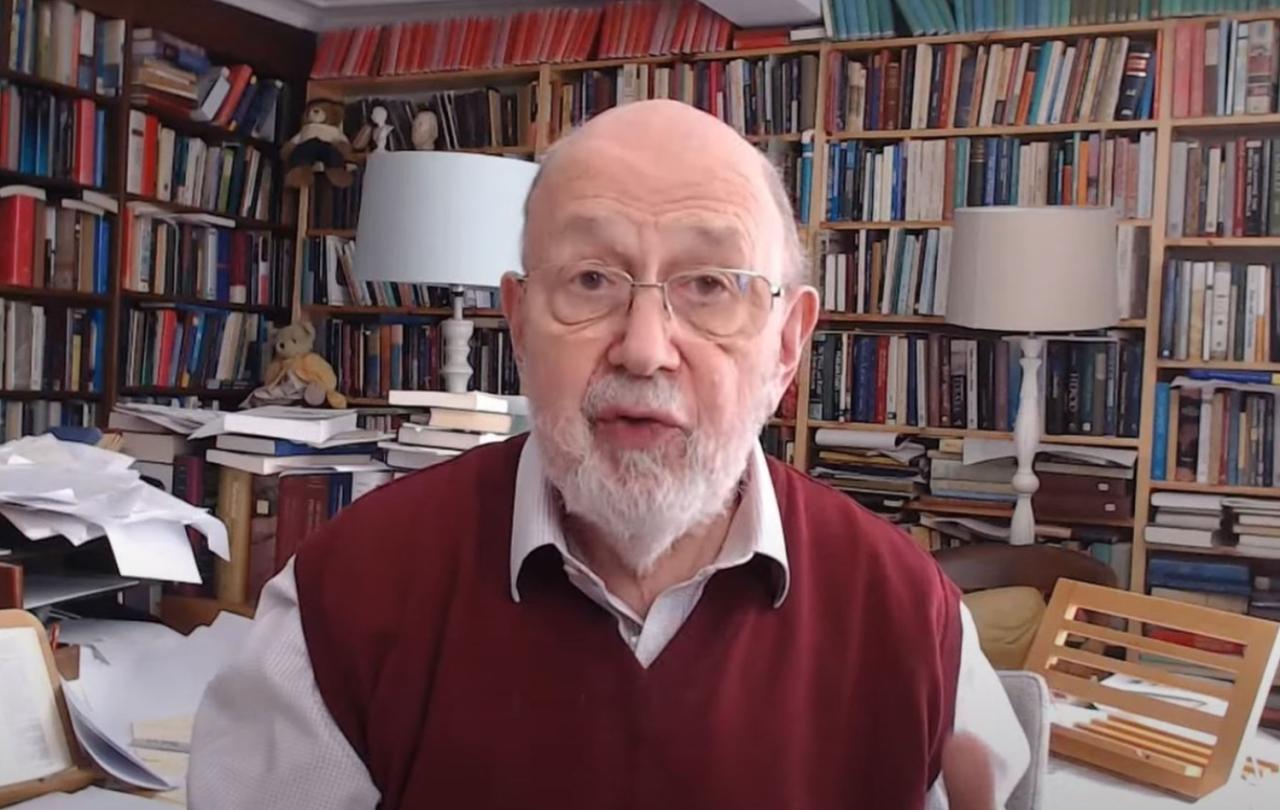To be sure, secular scientific rationalism does offer some answers as to how life begins – we know the biology of it all astonishingly well. And yet, biology is not everything, and in fact, it is not the biological aspects of it all that touch us. The wonder, the hope, the love that we experience when we are faced with the beginning of life is more than what can be rationally or scientifically accounted for.
Similarly, scientific rationalism is not well equipped to answer questions of meaning. Science is great at answering how something works or how it should be done, but why-questions fall into a different category. Many chatbots, when asked about the meaning of life, will answer “42” - which is a reference to the comic sci-fi series “the Hitchhiker’s Guide to the Galaxy” and we intuitively understand that this answer is nonsensical. It is funny precisely because it is nonsensical.
And again, around the end of life: Scientific rationalism cannot and will not, based on its methods and approaches, say anything about the afterlife.
So, the questions of beginning, meaning and end cannot be answered solely by scientific rationalism. And yet they come up in all of our lives. Right here lies an important reason why faith has not gone away. Faith deals with just these questions. It is good at dealing with them – they are the core domain of faith.
Faith offers answers to questions of beginning, meaning and end, but just as importantly, it offers a community in which such questions can be addressed and discussed. It offers a space in which people can ponder the ultimate questions and find other people who want to do it with them, perhaps showing them ways in which they can find answers. Different faiths and different expressions of faiths do this very differently: organised religions do it differently to loose association of the “spiritual but not religious”, but in all cases, it is faith – broadly understood – that addresses and deals with the questions that niggle away and are not otherwise addressed. Faith won’t disappear, because faith’s questions won’t disappear.
But why does this need saying? Is it not obvious that religion is about ultimate questions that concern everyone?
The problem is that modern Western life is full of opportunities to distract us from these questions. We are wealthy, comfortable, bombarded with entertainment, and often very busy with careers and children as well. All these things help us to repress the deeper questions about the origin and purpose of our existence.
Many people treat the question of life’s meaning like a school or University essay that they can procrastinate from indefinitely: “One day I’d like to figure it out: what it’s all for and where it’s all going: but today there’s another episode on Netflix, Instagram to browse, or tennis on the TV.” The entertainment industry offers alluring enticements to money, sex, fame or success. Wealth is particularly useful because it helps us get what we want, when we want it, and prevents us from facing the harsher realities of life. Making ourselves busy is easy, and we can leave ourselves no time for deep reflection on the bigger questions. All of this adds up to what we might call the “narcotic of everyday life” – the ways in which daily life and society act as a drug to cloud our vision, confuse our thinking, and prevent us from clearly facing up to the things in life that matter most.






